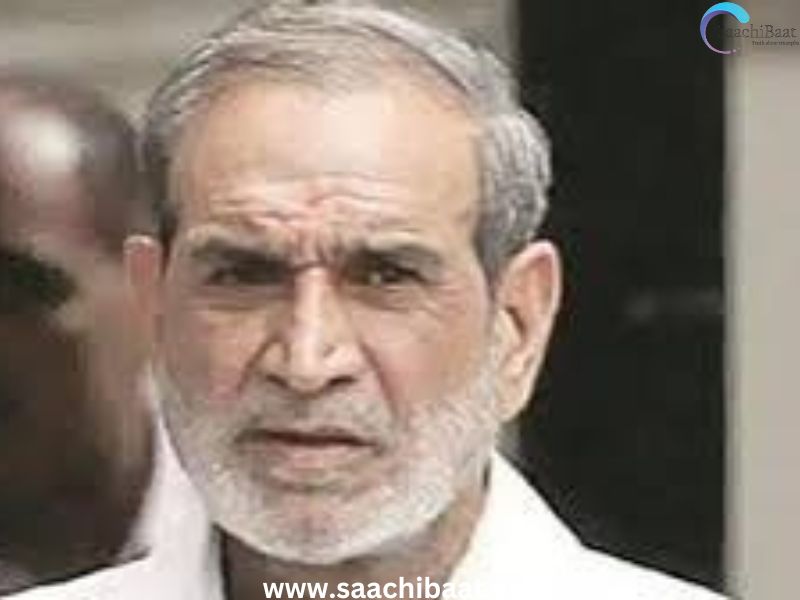A Delhi court would deliver its judgement on February 7, 2025 on a 1984 anti Sikh riots case regarding former Congress MP Sajjan Kumar. He is accused in the murder cases of Jaswant Singh and son Tarundeep Singh who got killed on the Saraswati Vihar lane on November 1, 1984 the day after when then Prime minister Indira Gandhi was assassinated.
The 1984 anti-Sikh riots began in numerous places of India, including Delhi, after the assassination of then Prime Minister Indira Gandhi by her Sikh bodyguards. Thousands were massacred, and numerous instances of arson, lootings, and violent acts were reported. In this context, Sajjan Kumar is charged with alleged murder of Jaswant Singh with his son, Tarundeep Singh, in Saraswati Vihar locality.
Legal Proceedings
Special Judge Kaveri Baweja reserved her judgment after hearing final arguments by both sides in court. The prosecution claims that Kumar incited and spearheaded the killers, while the defence puts forth the pleading that Kumar is innocent as there is no case.
It was not the first time Sajjan Kumar has been legally charged for his involvement in the 1984 riots. In December 2018, the Delhi High Court found him guilty in another case as well, handing him a life sentence for criminal conspiracy, promotion of enmity, and acts against communal harmony. Since then, he has been serving the sentence in jail.
Anticipation Before the Verdict
The verdict will be eagerly awaited, as it deals with one of the numerous cases that originated from the horrific events of 1984. Victims’ families and members of the Sikh community have been patiently waiting for justice to be meted out in the case against the atrocities that occurred during the riots. Political implications are great, considering Kumar’s past status within the Congress party.
Broader Context
This anti-Sikh riot in 1984 remains an ugly chapter of India’s history, with endless debates over the accountability and dispensation of justice. Several leaders and individuals were charged over time, but there are still cases pending, while many victims look for closure. The judiciary in such cases becomes the deciding authority to address such historical grievances while upholding the rule of law.
As the nation awaits the court’s decision on February 7, the verdict will be a significant marker in the pursuit of justice for the events of 1984.
××××××××××××××
Telegram Link :
For latest news, first Hand written articles & trending news join Saachibaat telegram group
https://t.me/joinchat/llGA9DGZF9xmMDc1

